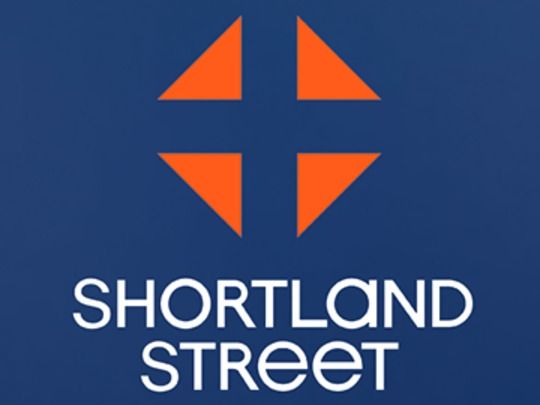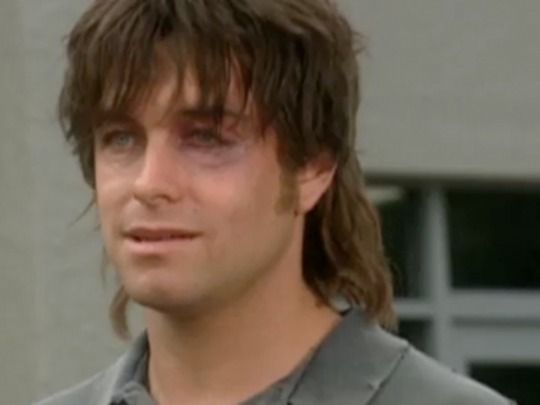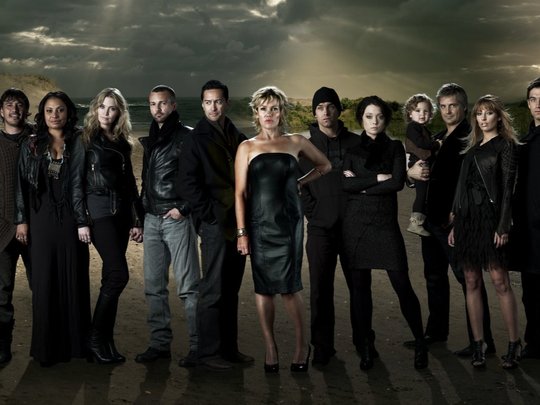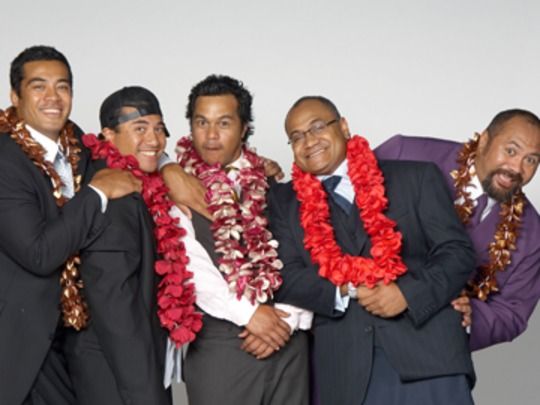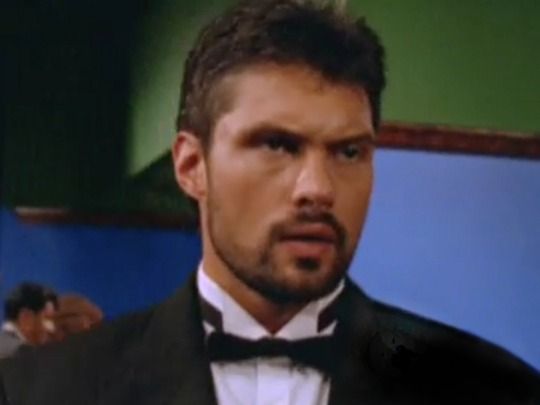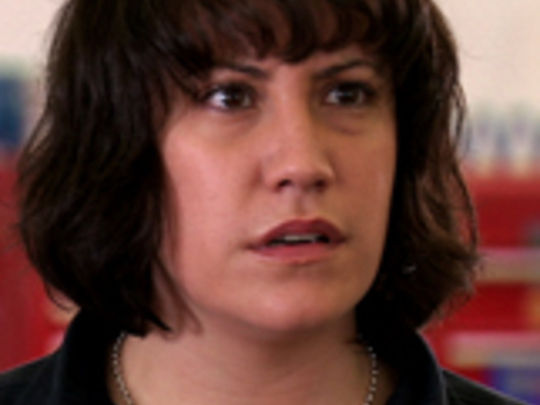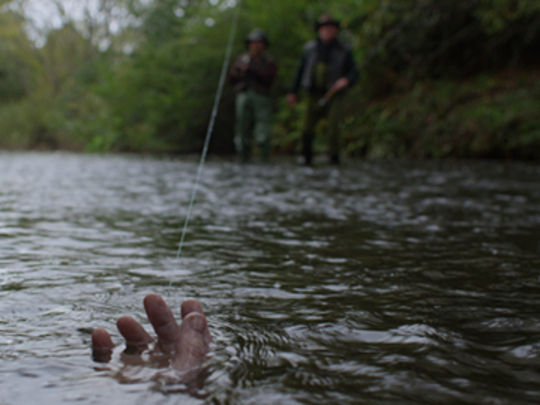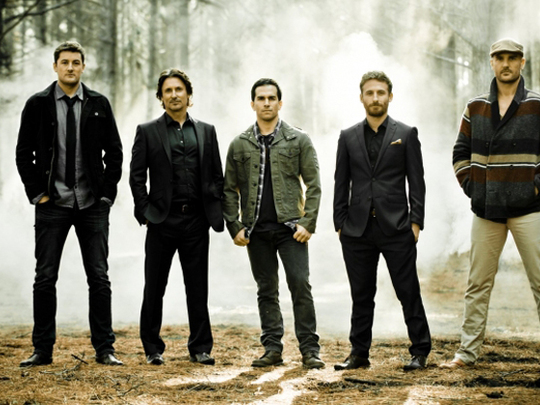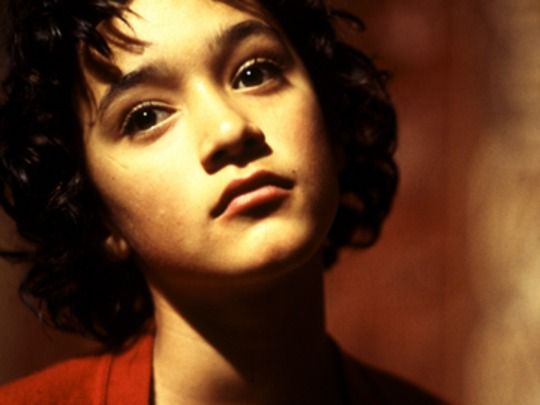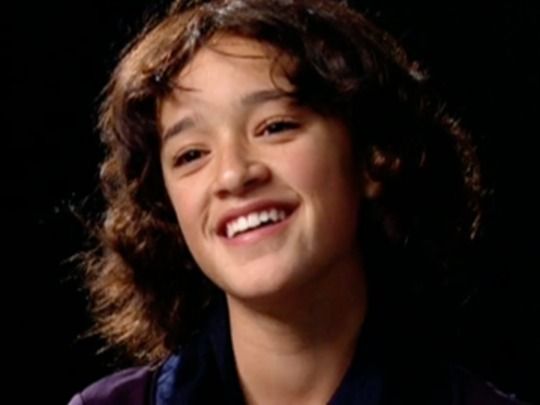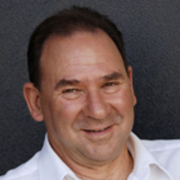Thirty Years of South Pacific Pictures
Turning Dreams into Drama - A History of South Pacific Pictures
When anyone under 50 thinks about New Zealand television drama, the shows that come to mind are Shortland Street, Outrageous Fortune, Westside, The Almighty Johnsons, Go Girls, The Brokenwood Mysteries, 800 Words, Nothing Trivial, Being Eve, and back in the day City Life and Marlin Bay.
Medics, cops, Norse gods, suburban westies, young women, rural and urban dwellers, Māori, Pākehā, Polynesian, Asian, Indian. All feature in this body of work, and it all comes from one place: South Pacific Pictures, or SPP as some call it.
South Pacific Pictures Ltd began life in 1988/89 as a TVNZ-owned entity, charged with making drama for TVNZ. It was established following a massive reorganisation of TVNZ, and the establishment of ‘Strategic Business Units’ inside the company. The Natural History Unit was an SBU, along with South Pacific.
South Pacific’s drivers were John McRae and Des Monaghan. McRae is a New Zealander who established a significant international reputation as a producer of first-class drama. Working in the United Kingdom, he produced the first TV series versions of classics such as Vanity Fair (1967), Little Women (1970) and The Last of the Mohicans (1971), and won prime time Emmys for Tom Brown’s Schooldays (1971) and Ballet Shoes (1975).
McRae came back to New Zealand in 1975 to run the newly established TV2 and its drama production. He moved on to the new South Pacific Pictures in 1988, with Des Monaghan, who had been TVNZ’s head of Commissioning and Programming. Monaghan and McRae were a formidable team, but Monaghan was shortly lured to Channel Seven in Australia, then went on to co-found Screentime.
South Pacific was active, producing and co-producing kidult and family drama. Then in 1992 came its turning point. NZ On Air, the newly formed government-backed funding agency under the leadership of Ruth Harley, recognised that the creation of a regular serial on local TV would ensure that New Zealand audiences became familiar with New Zealand faces, voices, stories, which reflected our contemporary society — as well as creating a super training academy.
Both TV2 and TV3 made pilot seasons for the serial slot. For TV3 it was weekly drama Homeward Bound, while TV2 commissioned South Pacific Pictures to make the nightly ‘soap’ Shortland Street, which they began with the assistance of Australian ‘soap’ producer Grundy Productions.
Shortland Street's first episode went to air on 25 May 1992. Ratings were enormous. Then they fell and continued to fall for about six months until audiences bought into the storylines, characters and settings. Twenty-six years and 6,500+ episodes later, it still dominates the 7pm viewing schedule and I defy anyone to find a New Zealander who hasn’t seen an episode.
Shortland Street has become the bedrock of televison production. Hercules, Xena, The Lord of the Rings, The Hobbit, Whale Rider, Sione's Wedding, Hunt for the Wilderpeople and almost every significant New Zealand film and TV production has ‘Shorty’ alumni, in front of and behind the camera. The Shortland Street platform created producers, writers, directors, actors, production accountants, lawyers, publicists, casting directors, actors and crew in every department. It enabled South Pacific to become the powerhouse of Kiwi drama production for the next 25 years.
The strength of the brand and its output was predicated on some simple stratagems:
-
The company’s motto was ‘Turning Dreams into Drama’.
-
A good idea could come from anywhere, and South Pacific encouraged anyone who had an idea to send it to them. 300 to 500 ideas a year crossed the door. Every pitch was assessed and responded to. The sheer scale of this ensured that it was easy to see the ‘best’ against the ‘rest’. Of all these ideas every year, maybe 10-12 were optioned. Of those, three or four would get made.
-
Writers were at the heart of the company, and the best writers were very well rewarded.
-
There was an active policy of training people, moving them up in the departments, and on to other productions in more senior positions. South Pacific alumni now run the Drama departments in almost every other drama production company.
-
Every film project had to answer the question: ‘Who is the audience and how will this reach them?’.
-
And whilst New Zealand stories were at our core, the company built subsidiaries in Australia and developed international ideas.
-
Every product was assessed for its potential to generate offshore revenue, because being a successful production company isn’t just measured by the productions you make, but by the ongoing revenue you get from selling shows to territories and platforms around the world. The Brokenwood Mysteries is the classic example of this. Outrageous Fortune was made into a UK prime time show, and a US prime time show.
-
Focus! This is really important as it's easy to be distracted by the hundreds of potential ideas. Pick the ones you know you can sell and make.
-
And, be passionate! I can’t think of a single show I made that I wasn’t in love with. If you don’t love it, the audience won’t.
South Pacific had its critics – often companies who didn’t get regular commissions. Today six or seven companies have created strong reputations in drama. But (and many will find this hard to acknowledge), South Pacific’s scale and volume presented the major platform for training an industry. Smaller companies making one or even two series a year don’t have that capability or ability.
This is a reality which may not become apparent for eight - 10 years. It’s not an argument for South Pacific to make every project, but it is an outcome which has benefitted the whole New Zealand industry.
South Pacific’s volume is enormous. Few independent producers in Australia, or companies in the UK or US are as productive. Forty-nine series or one-offs, 11 feature films — including New Zealand’s most successful international film, Whale Rider. Over 4,500 hours of programming bear the South Pacific stamp. Its name and content are recognised and viewed around the world.
— John Barnett joined South Pacific Pictures as Managing Director in 1992. In 1998 he bought the company from TVNZ. He retired as CEO in 2015 and sold his interests to fellow shareholder All3Media, a Liberty/Global group company.
